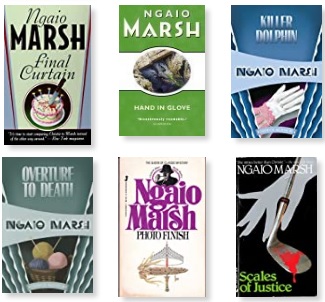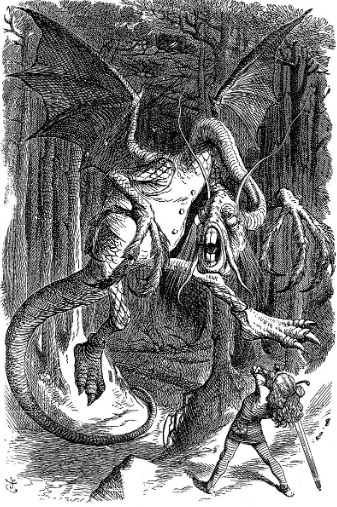
Ratiocination
In definition, the word ‘ratiocination’ means ‘the process of arriving at a logical deduction through logical reasoning’. In usage, as first utilized by Edgar Alan Poe’s character Auguste Dupin — Poe being the grandfather of the detective novel, a la The Murders in the Rue Morgue, which featured Dupin — it means ‘to deduce’ or ‘to detect’.
The character most of us know as this ‘logical’ type of detective is Sherlock Holmes. If Poe was the the grandfather of detective stories — a.k.a. mysteries — then Arthur Conan Doyle was the Big Daddy. Applying logic, Doyle’s Holmes was able to deduce – via removing the impossible – that whatever was remaining at the end of his logic train, no matter how improbable, was the truth.
Detecting the truth was further taken up by the mystery genre’s vaunted auntie, Agatha Christie. Hercule Poirot’s efforts at ratiocination made up only a fraction of her overall catalog, but it was his little gray cells at work that started enchanting readers with Christie’s writing over 100 years ago with The Mysterious Affair At Styles.
And the tradition has continued onward.
Continue reading


